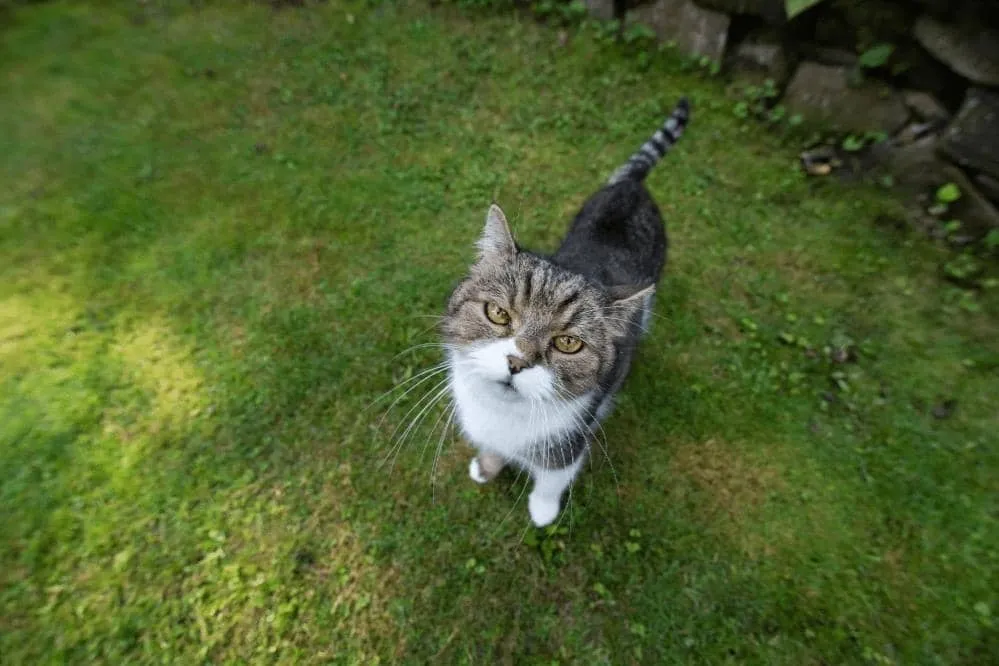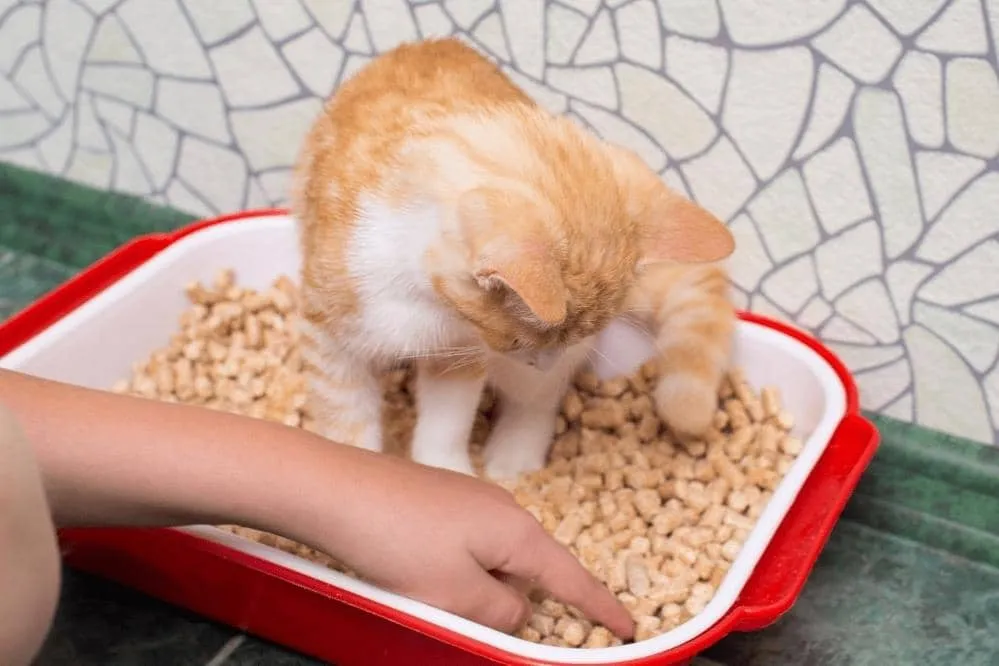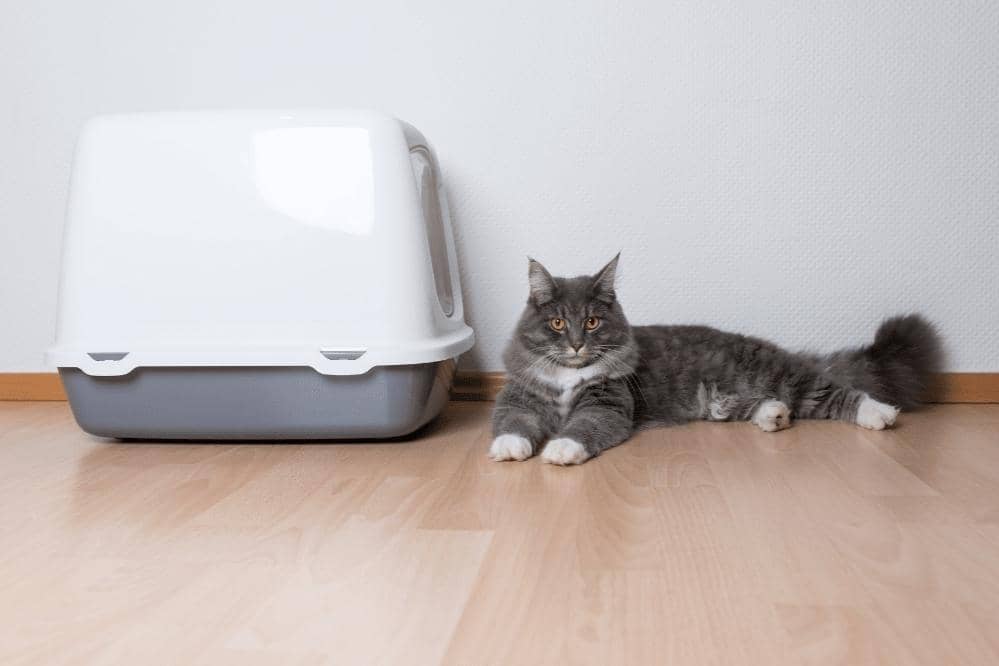Do Outdoor Cats Need a Litter Box?

If you have an outdoor or indoor/outdoor cat, or have adopted a feral cat, their litter box habits may be different than those of a cat who has lived indoors and used a litter box all their lives. These cats may prefer to go outside, or be difficult to litter box train. So do outdoor cats need a litter box at all? Let’s find out.
Do Outdoor Cats Need a Litter Box?
In nature, cats have specific habits regarding when, where, and how they eliminate. Cats evolved in the desert, so their bodies process waste differently than dogs, who evolved in forest environments. Cats have a natural instinct to:
- Find somewhere with loose, granular, sandy soil to relieve themselves
- Bury their waste after they go
- Not go in the same place more than once
These habits benefit wild cats in many ways.
- It helps to protect them from predators, because it means that other animals won’t easily locate where a cat lives. In the case of kittens, it is particularly important to hide their presence and protect them from predators
- It helps them hunt prey, because prey animals will be less able to detect the presence of a cat and will be less alert
- It helps them avoid parasites and diseases. Because cats hide and avoid their own feces, they aren’t as susceptible to the parasites and bacteria that may be carried in waste.
When litter box training a cat, this instinct to find a suitable spot and bury their waste is helpful, because it makes them more inclined to use the litter box. On the other hand, it goes against their instinct to use different places and avoid their own waste sites.
For these reasons, many outdoor cats, or indoor/outdoor cats, may be reluctant to use a litter box. Many of these cats would prefer to wait until they are outside, so they can find a clean place to relieve themselves, and avoid places they have used before. If cats are given the choice of whether to go inside or outside, like if they have a cat door, many cats will simply choose to go outside.
However, you still need to provide a litter box for a cat, even if it seldom uses it and prefers to go outside. Outdoor cats need a litter box because:
They may not always be able to get outside. Even if you have a cat door or some way to give a cat free access to the outdoors, the door may become locked or blocked.
The cat may not always want to go outdoors. In bad weather, even an outdoor cat may want to stay inside where it is warm and dry.
They may not be feeling well. Just like people, cats sometimes have digestive problems or illnesses that make them have to eliminate quickly. If a cat is feeling discomfort or urgency, they may need a litter box close by.
A cat’s habits and preferences may change over time. Even a cat who has been a rugged, outdoor cat all their lives, may find themselves spending more time indoors as they age. Changes in their environment, adding new cats to the household, changing health conditions, and other factors, may play a role in how, when, and where a cat decides to relieve themselves. These factors may be unpredictable; it could be that a bully cat has moved into the neighborhood, and your cat now feels safer indoors.
For all these reasons, the best thing to do is to provide a litter box indoors for an outdoor cat, even if the cat seldom uses it. In fact, for many cat owners, this arrangement is ideal, because it makes sure the cat’s needs are met, but means they don’t have to undertake the chore of cleaning the litter box as often.
How to Acclimate an Outdoor Cat to a Litter Box?
Even if your outdoor cat doesn’t use a litter box, they should know that it’s there, and what it’s for. Place the litter box in a location that is easily accessible to the cat. Put the cat in the litter box from time to time, and use your finger to dig in the litter and show them that it’s a suitable place for digging. Allow them to smell and explore it on their own.
Never trap a cat in a litter box, or force them to use it. While using a confined area with a litter box in it may work for training an indoor cat, many outdoor cats are accustomed to freedom of movement, and don’t take well to confinement. If your cat associates the litter box with unpleasant experiences, they may develop an aversion to it and avoid it, which can be difficult to overcome.
While an outdoor cat may not use a litter box, it’s always a good idea to provide one for them just in case.



